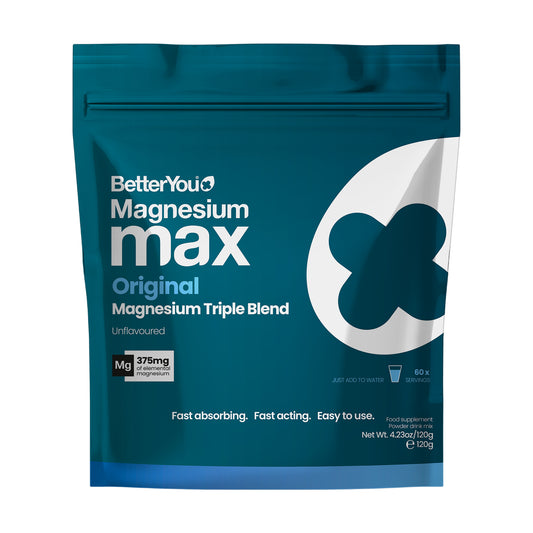A growing number of trials and studies are showing the superior absorption levels of transdermal magnesium compared to tablet and capsule supplementation.
At BetterYou we put quality and efficacy at the forefront of what we do, which has led to us working with some of the world’s leading institutions and associations, adding to the wealth of trials available.









